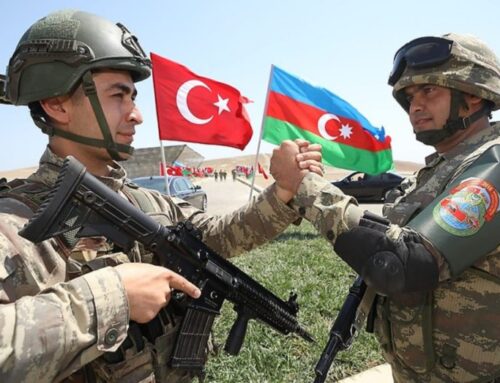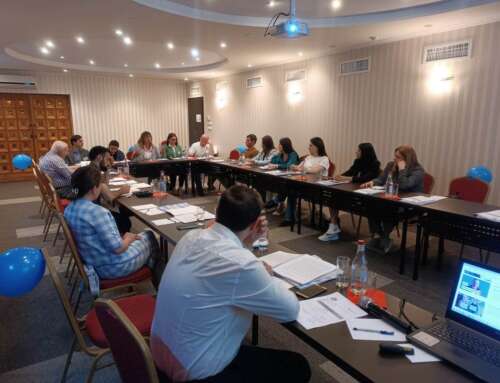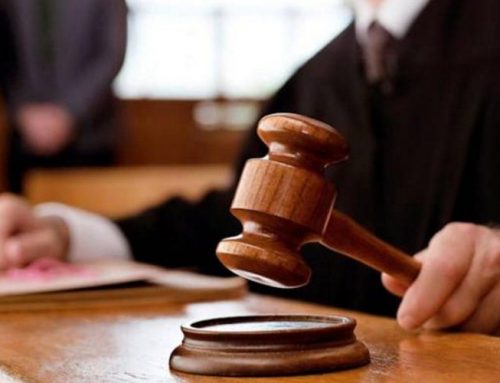Monitoring of the criminal proceedings in the case of M. Sahakyan and S. Sargsyan (session 10.20.2021).

On October 20, 2021, a hearing on the criminal case of Mais Sahakyan and Stela Sargsyan was held in the court of first instance of the city of Yerevan.
Mais Sahakyan was charged under Part 1 of Article 299 of the RA Criminal Code. He is accused of committing high treason with the help of his wife by collecting and transmitting information constituting state and official secrets in the military sphere, as well as providing other assistance to a representative of a foreign organization in carrying out hostile activities to the detriment of sovereignty, territorial integrity or external security.
Stela Sargsyan was charged under Part 1 of Article 299 of the RA Criminal Code. She is accused of providing the necessary funds, as well as eliminating existing obstacles to committing high treason by collecting and transmitting information constituting state and official secrets in the military sphere, as well as providing other assistance to a representative of a foreign organization in carrying out hostile activities to the detriment of sovereignty, territorial integrity or external security.
At the hearing, the judge asked S. Sargsyan whether she received a memorandum on her rights and obligations and whether she understood her rights and obligations, to which the defendant replied that she did not understand her rights and obligations. Further, the defendant became emotional, and the judge announced a break. After the break, the defendant’s lawyer stated that she wanted to submit a petition, which should be discussed behind closed doors. The judge asked the media representatives to leave the courtroom. A few minutes later, the bailiff approached the media representatives and announced that the court had ruled to hold closed hearings in this case. The defense side submitted a motion to consider the case behind closed doors, which was granted.
During the monitoring, no violations were revealed, since the accused refused a public trial, such a refusal was unequivocal and did not contradict public interests.
There may be exceptions to the requirement that the proceedings be public. This is clear from the text of paragraph 1 of Article 6 of the European Convention, which states that the press and the public may not be allowed to attend court hearings throughout the trial or part of it for reasons of national security in a democratic society or – insofar as it is strictly necessary in the court’s opinion – in special circumstances when publicity would violate the interests of justice. Thus, in certain situations it may be necessary, in accordance with Article 6 of the European Convention, to limit the open and public nature of judicial proceedings, for example, in order to protect the safety or privacy of witnesses or to ensure the free exchange of information and opinions in the administration of justice “(Judgment of the ECtHR in the case “Chaushev and Others v. Russia”, 10.25.2016, paragraph 23).
In another decision, the European Court also ruled that in cases provided for by law, the public may be denied access to the hearing; but such cases should be considered precisely as an exception to the rule (Judgment in the case “Ripan v. Austria”, 11.14.2000, paragraph 34).
S. Shahbazyan
Expert Council of the ISHR, member of the Armenian Section of the ISHR








Leave A Comment